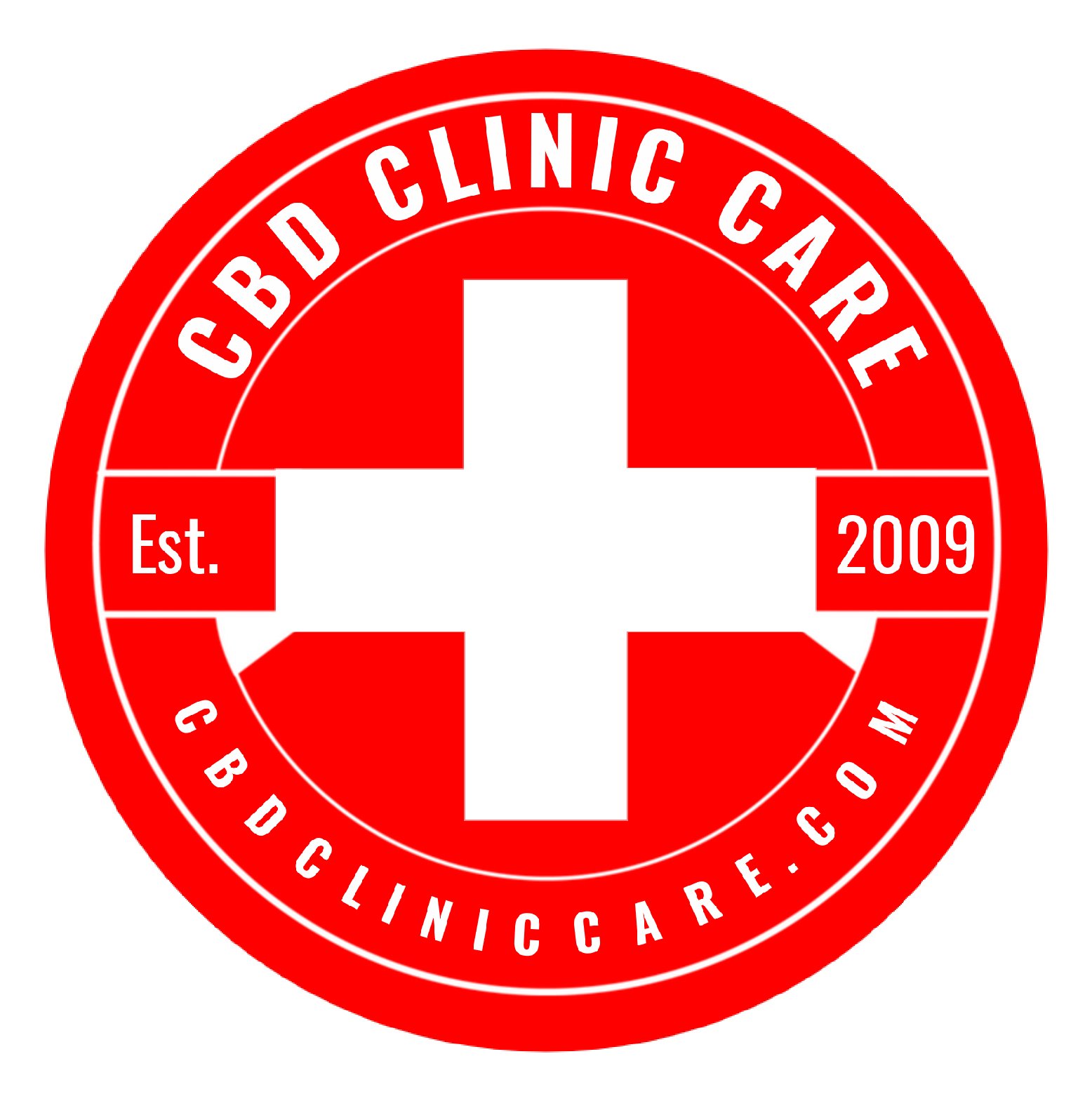Attention deficit hyperactivity disorder (ADHD) is a common, heritable, neuropsychiatric disorder affecting 2.5%–5% of adults.1,2 It is described as a neurodevelopmental syndrome that emerges in childhood or early adolescence; in 60%–70% of cases it persists into adulthood.3–5 It is characterized by symptoms of inattention or hyperactivity, and impulsivity, or both.
The management of ADHD typically includes psychostimulant medications (methylphenidate and amphetamine derivatives), non-stimulant medications (e.g. atomoxetine),and extended-release clonidine and guanfacine. Multiple other medications are used “off-label,” with less efficacy and tolerability.15 Nonetheless, methylphenidate remains the most prescribed, efficacious, and tolerated medication for ADHD.
The non-serious adverse effects (AEs) of these medications include insomnia, decreased appetite, anxiety, increased systolic and diastolic blood pressure,nausea, dry mouth, fatigue, headache, urinary hesitation, erectile dysfunction,18 infection, and nervousness. A thorough review of the safety of approved ADHD medication has been conducted elsewhere.Increasingly, there is recognition that medical cannabis (MC) may offer an alternative treatment option for adult ADHD.
In this study done called Cannabinoid and Terpenoid Doses are Associated with Adult ADHD Status of Medical Cannabis Patients done by Jeffrey Y. Hergenrather, M.D.*, Joshua Aviram, Ph.D.*, Yelena Vysotski, B.Sc., Salvatore Campisi-Pinto, Ph.D., Gil M. Lewitus, Ph.D., and David Meiri, Ph.D.*a total of 59 patients answered the study questionnaires, from which, 53 patients reported their MC monthly doses. Notably, most (n=47, 89%) patients consumed inflorescences, either by smoking, vaporizing, or both. Five (9%) patients combined oil extracts and inflorescences, and one (2%) patient consumed only oil extracts. Medical cannabis treatment duration of our sample ranged from 1 to 16 years.
Although MC is not directly indicated for ADHD, low ADHD symptom frequency and ADHD medication-sparing effects were found to be associated with MC treatment. In addition, high dosage of CBN was associated with lower ASRS, hinting at a possible combination effect in whole-plant MC treatment. Nevertheless, although we found the above mentioned association with CBN, it is minorly expressed in most MC cultivars, thus, we assume that other phyto-cannabinoids might be more essential for the effect on ADHD patients. These results, although not causal, might shed light on the potential beneficial effects of MC on ADHD symptom severity and motivate future prospective studies in order to validate our results and perhaps even consider making ADHD an approved indication for MC license in Israel in future.
While CBD helps directly with ADHD,it it has been used in many researches to help with the symptoms of it, like we described in our articles Mood Disorder – CBD Clinic Care, Sleep Disorder – CBD Clinic Care and Stress and Anxiety – CBD Clinic Care.
In another research called The therapeutic role of Cannabidiol in mental health: a systematic review, a systematic review was conducted including case reports, case series, open-label trials, non-randomized and randomized controlled trials (RCTs). The search resulted in 23 relevant studies on CBD and nabiximols in the treatment of a wide range of psychiatric disorders. The quality of evidence was judged by using the Oxford Centre for Evidence-Based Medicine 2011 Levels of Evidence that ranges from Level 1 to Level 5 based on the quality and study design. These levels of evidence help in grading the recommendations, including Grade A (strong), Grade B (moderate), Grade C (weak), and Grade D (weakest).
The results were that CBD and CBD-containing compounds such as nabiximols were helpful in alleviating psychotic symptoms and cognitive impairment in patients with a variety of conditions, and several studies provided evidence of effectiveness in the treatment of cannabis withdrawal and moderate to severe cannabis use disorder with Grade B recommendation. There is Grade B recommendation supporting the use of CBD for the treatment of schizophrenia, social anxiety disorder and autism spectrum disorder (ASD), and attention deficit hyperactivity disorder (ADHD). Grade C recommendation exists for insomnia, anxiety, bipolar disorder, posttraumatic stress disorder, and Tourette syndrome. These recommendations should be considered in the context of limited number of available studies.
Attention deficit hyperactivity disorder (ADHD) is a common, heritable, neuropsychiatric disorder affecting 2.5%–5% of adults.1,2 It is described as a neurodevelopmental syndrome that emerges in childhood or early adolescence; in 60%–70% of cases it persists into adulthood.3–5 It is characterized by symptoms of inattention or hyperactivity, and impulsivity, or both.
The management of ADHD typically includes psychostimulant medications (methylphenidate and amphetamine derivatives), non-stimulant medications (e.g. atomoxetine),and extended-release clonidine and guanfacine. Multiple other medications are used “off-label,” with less efficacy and tolerability.15 Nonetheless, methylphenidate remains the most prescribed, efficacious, and tolerated medication for ADHD.
The non-serious adverse effects (AEs) of these medications include insomnia, decreased appetite, anxiety, increased systolic and diastolic blood pressure,nausea, dry mouth, fatigue, headache, urinary hesitation, erectile dysfunction,18 infection, and nervousness. A thorough review of the safety of approved ADHD medication has been conducted elsewhere.Increasingly, there is recognition that medical cannabis (MC) may offer an alternative treatment option for adult ADHD.

In this study done called Cannabinoid and Terpenoid Doses are Associated with Adult ADHD Status of Medical Cannabis Patients done by Jeffrey Y. Hergenrather, M.D.*, Joshua Aviram, Ph.D.*, Yelena Vysotski, B.Sc., Salvatore Campisi-Pinto, Ph.D., Gil M. Lewitus, Ph.D., and David Meiri, Ph.D.*a total of 59 patients answered the study questionnaires, from which, 53 patients reported their MC monthly doses. Notably, most (n=47, 89%) patients consumed inflorescences, either by smoking, vaporizing, or both. Five (9%) patients combined oil extracts and inflorescences, and one (2%) patient consumed only oil extracts. Medical cannabis treatment duration of our sample ranged from 1 to 16 years.
Although MC is not directly indicated for ADHD, low ADHD symptom frequency and ADHD medication-sparing effects were found to be associated with MC treatment. In addition, high dosage of CBN was associated with lower ASRS, hinting at a possible combination effect in whole-plant MC treatment. Nevertheless, although we found the above mentioned association with CBN, it is minorly expressed in most MC cultivars, thus, we assume that other phyto-cannabinoids might be more essential for the effect on ADHD patients. These results, although not causal, might shed light on the potential beneficial effects of MC on ADHD symptom severity and motivate future prospective studies in order to validate our results and perhaps even consider making ADHD an approved indication for MC license in Israel in future.
While CBD helps directly with ADHD,it it has been used in many researches to help with the symptoms of it, like we described in our articles Mood Disorder – CBD Clinic Care, Sleep Disorder – CBD Clinic Care and Stress and Anxiety – CBD Clinic Care

In another research called The therapeutic role of Cannabidiol in mental health: a systematic review a systematic review was conducted including case reports, case series, open-label trials, non-randomized and randomized controlled trials (RCTs). The search resulted in 23 relevant studies on CBD and nabiximols in the treatment of a wide range of psychiatric disorders. The quality of evidence was judged by using the Oxford Centre for Evidence-Based Medicine 2011 Levels of Evidence that ranges from Level 1 to Level 5 based on the quality and study design. These levels of evidence help in grading the recommendations, including Grade A (strong), Grade B (moderate), Grade C (weak), and Grade D (weakest).
The results were that CBD and CBD-containing compounds such as nabiximols were helpful in alleviating psychotic symptoms and cognitive impairment in patients with a variety of conditions, and several studies provided evidence of effectiveness in the treatment of cannabis withdrawal and moderate to severe cannabis use disorder with Grade B recommendation. There is Grade B recommendation supporting the use of CBD for the treatment of schizophrenia, social anxiety disorder and autism spectrum disorder (ASD), and attention deficit hyperactivity disorder (ADHD). Grade C recommendation exists for insomnia, anxiety, bipolar disorder, posttraumatic stress disorder, and Tourette syndrome. These recommendations should be considered in the context of limited number of available studies.




